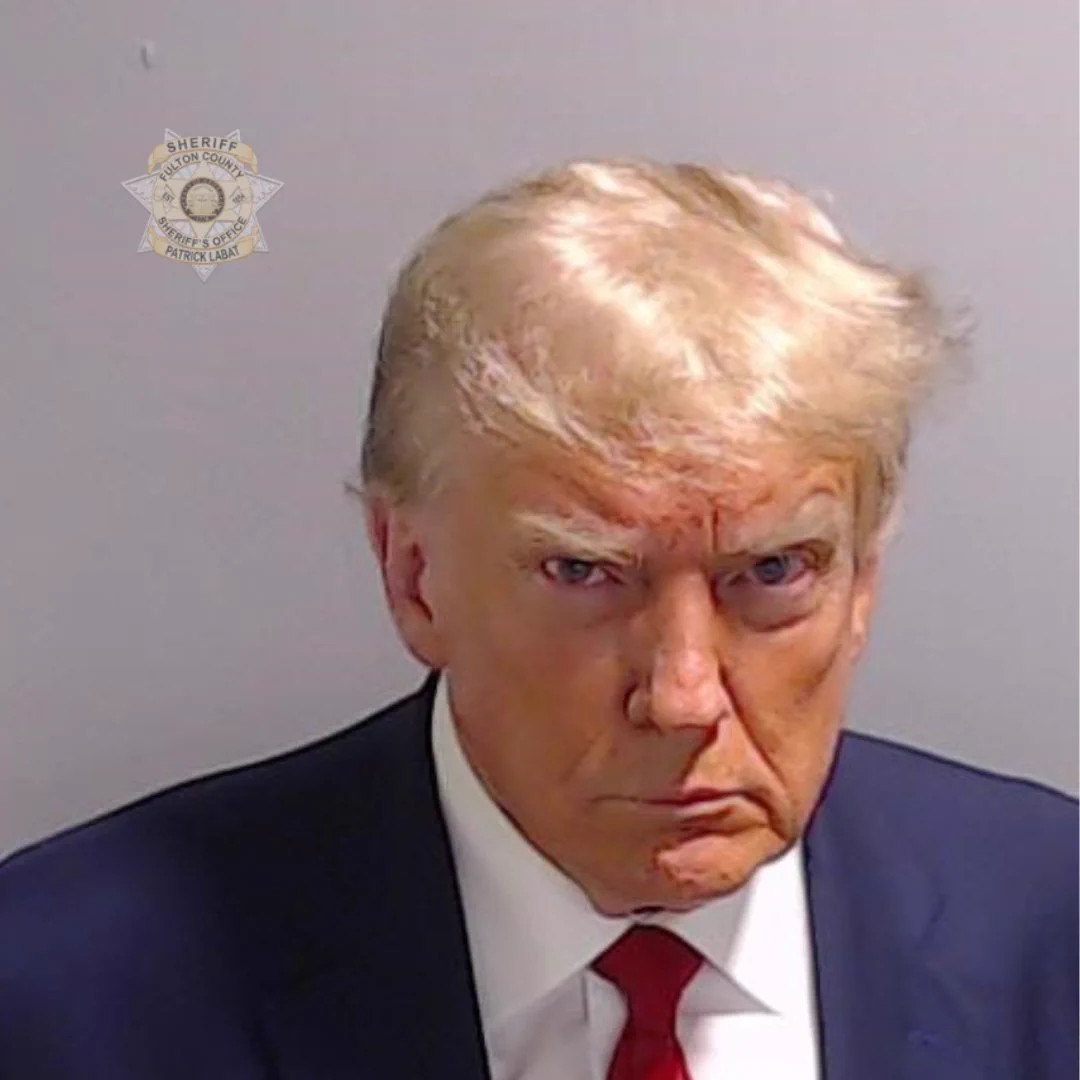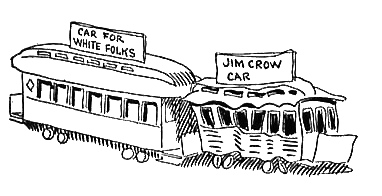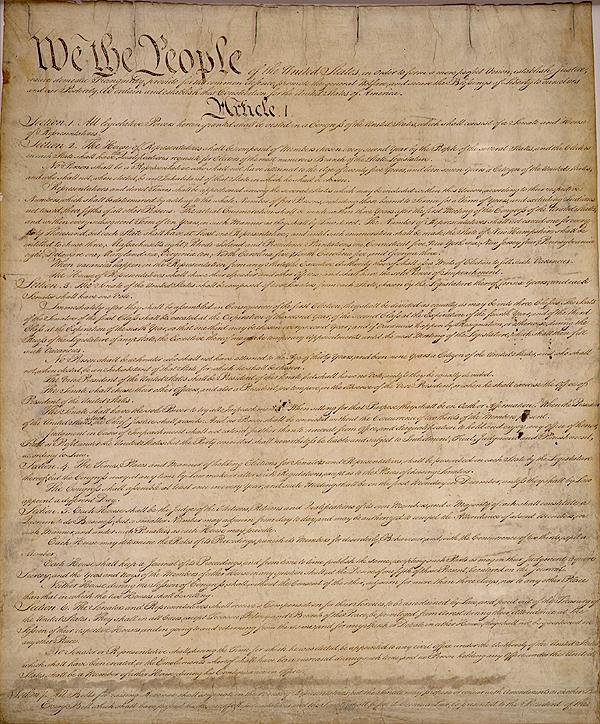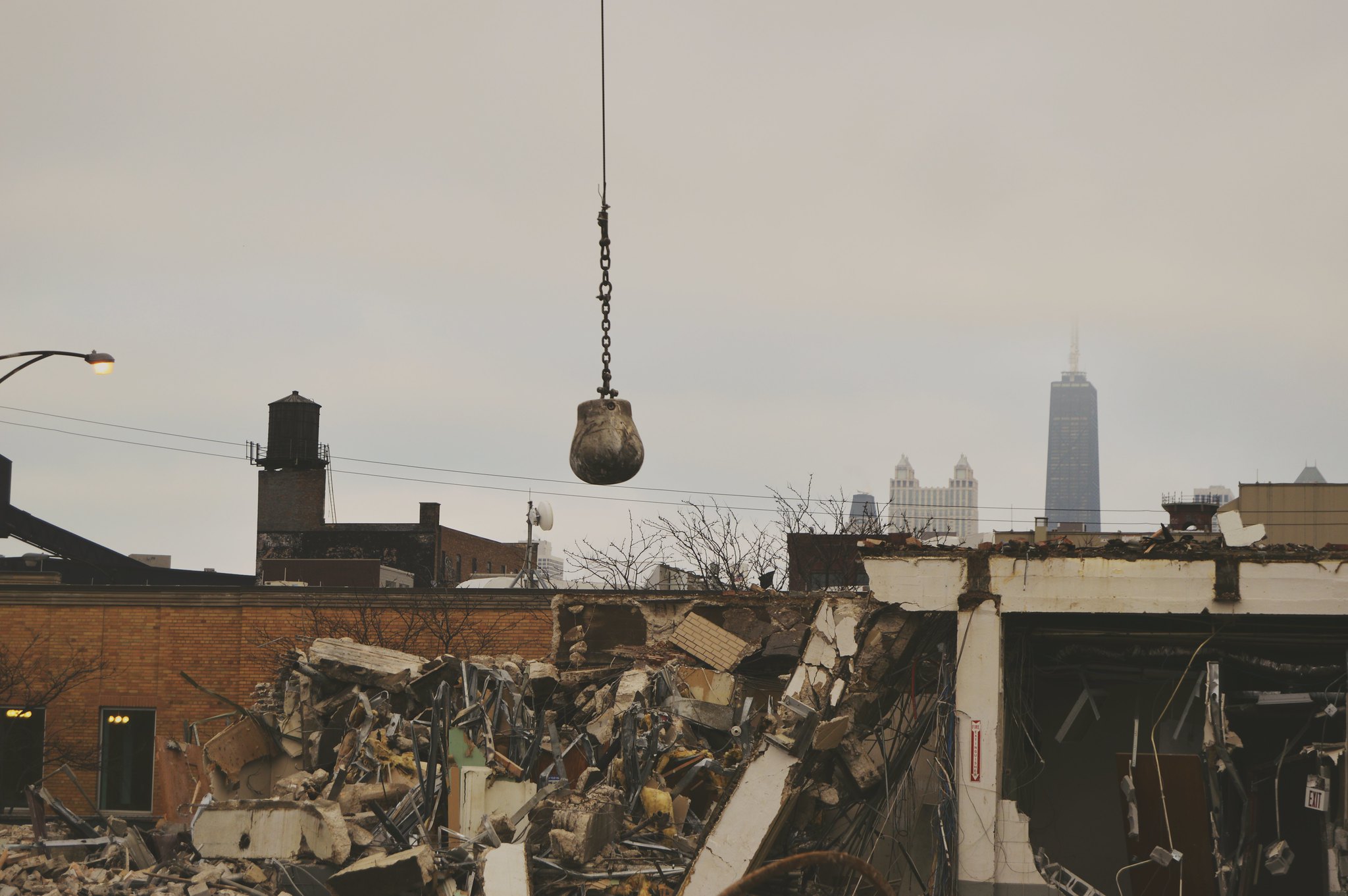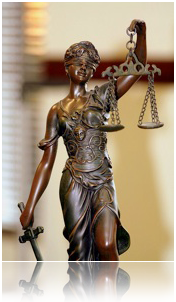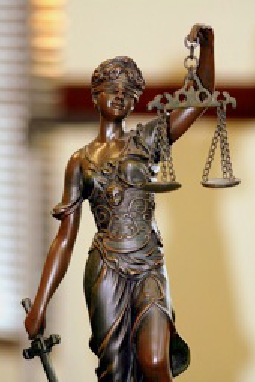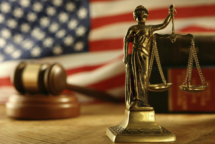SCOTUS Lines Up Behind Trump’s Defensive Strategy
There is no doubt the Republicans on SCOTUS (hereinafter R-SCOTUS) are lined up behind Trump in his criminal cases. The timeline in the ridiculous immunity case and the decision in the Colorado ballot case are clear demonstrations of their commitment to his reelection despite his obvious unfitness for office.
The Colorado case
In Trump v. Anderson, all nine members of SCOTUS agreed that Colorado can not keep Trump off the ballot under the Insurrection Clause of the 14th Amendment. The per curium opinion offers several weak reasons to support this result.
Barrett and the Democratic appointees expressly dissented from the majority’s holding that only Congress can enforce the Insurrection Clause, and only with the approval of SCOTUS. The majority concludes with this:
These are not the only reasons the States lack power to enforcethis particular constitutional provision with respect to federal offices. But they are important ones, and it is the combination of all the reasons set forth in this opinion—not, as some of our colleagues would have it, just one particular rationale—that resolves this case. In our view, each of these reasons is necessary to provide a complete explanation for the judgment the Court unanimously reaches.
Restrictions on Congressional Enforcement of the Insurrection Clause
That last quote refers to the part of the per curium opinion saying that § 5 of the 14th Amendment
… limits congressional legislation enforcing Section 3, because Section 5 is strictly “remedial.” To comply with that limitation, Congress “must tailor its legislative scheme to remedying or preventing” the specific conduct the relevant provision prohibits. Section 3, unlike other provisions of the Fourteenth Amendment, proscribes conduct of individuals. … Any congressional legislation enforcing Section 3 must, like the Enforcement Act of 1870 and §2383, reflect “congruence and proportionality” between preventing or remedying that conduct “and the means adopted to that end.” Citations omitted.
The women on SCOTUS agree that this is unnecessary for the decision. It’s purely a creation of the SCOTUS men. It prescribes no standards, and it arrogates power to SCOTUS at the expense of Congress.
I note that the claim that the 14th Amendment only applies to the actions of individuals is the invention of an earlier SCOTUS, in cases like US v. Cruikshank and The Civil Rights Cases, which I discuss here and here. The Congress that drafted the 14th Amendment thought it had the power to legislate against the KKK and other violent white supremacists acting in their private capacity. For example, in Cruikshank, SCOTUS said principles of federalism mean that the 14th Amendment only applies to state action. Those early rancid decisions are never questioned even though we now have thousands of federal laws governing individuals.
The kicker is that any restrictions on Congress say nothing about limitations on the States. And any limitations SCOTUS dreams up to control Congress of power can just as easily be applied to the states, and with just as much historical and legal justification.
Manipulating the ridiculous immunity claim
Trump, who already defied the norm of a peaceful transition of power, also defies the principle that no one is above the law. He says that no president can be prosecuted for crimes committed while in office unless they are first impeached. He agrees with Richard Nixon “Well, when the president does it … that means that it is not illegal.”
This is an interlocutory appeal. The decision of the Circuit Court was clearly right. There was no need for SCOTUS to take this case at this state of the proceedings. No one thinks the president is entitled to blanket immunity. After sitting on it for two weeks, SCOTUS set the case for “expedited” review seven weeks later. Who knows when they’ll issue a ruling.
It would be stupid for SCOTUS to take up the claim that Trump is immune from prosecution for any and all crimes committed in his official capacity. So SCOTUS rephrased the question presented:
Whether and if so to what extent does a former President enjoy presidential immunity from criminal prosecution for conduct alleged to involve official acts during his tenure in office.
This phrasing enables SCOTUS to screw up the trial by all sorts of legal trickery. For example, Trump is charged with “knowingly” participating in conspiracies. SCOTUS could hold that Trump is entitled to a presumption of immunity, and that the prosecution has the burden of proof on whether Trump intended to take actions outside his official duties. That would dramatically increase the burden on the prosecution.
I’m sure R-SCOTUS can come up with better ideas than mine.
Bad judging
I think R-SCOTUS members are bad at judging. They claim to be originalists, but that’s not what they did in the ballot case. The per curium opinion selectively quotes one iota of the history of the 14th Amendment and ignores the rest. It doesn’t address the mountains of information provided in the two amicus briefs filed by historians. It’s solely based on outcomes.
I discussed good judging in my post on Dobbs. As I see it, good judging at the appellate level is solving hard problems in the way most likely to produce the best possible long-term results. Past cases and history are not absolutely binding, but provide guidance and wisdom (sometimes) from other judges. For this rule, I rely on Judge Richard Posner’s views, and those of Oliver Wendell Holmes and John Dewey’s pragmatism, but I won’t rehash that here.
What R-SCOTUS does is invent a bunch of reasons why their preferred outcome is right. The per curium opinion is jumbled to the point that they feel obligated to justify its lack of coherence.
The dissent relies on principles of federalism, as the majority claims to do. It then looks at the likely outcomes of the Colorado case and explains why those outcomes are bad for the nation. It says that the Constitution doesn’t require that bad outcome. The dissenters give us exactly what Posner expects: their judgment of what is best for the future. They may be right. They certainly are right to refuse to go beyond what’s needed to resolve the present case; that’s a critical guardrail against overreach.
Why though?
The per curium decision all but insures that Trump will not be subject to disqualification under the Insurrection Clause. The timetable for the absurd immunity claim, and the mischief that awaits us from their decision is additional insurance.
I do not understand why R-SCOTUS is in the bag for Trump. They have life tenure, a decent income, and constant security. They have enormous power, to the point that no law or rule is effective without their consent. They have a long to-do list of laws and rules destined for termination. Why waste any of their muscle on Trump?
The easy answer is that they’re corrupt. There’s plenty of evidence of that. Clarence Thomas? His insurrectionist-adjacent wife? And a free RV? Alito, with his giant salmon? Neil Gorsuch’s house? Brett Kavanaugh’s disappearing debts? John Roberts’ wife with her $10 million from BigLaw for legal recruiting? Their total indifference to ethics and the appearance of impropriety?
But that probably isn’t it, unless Trump or someone else holds receipts for this and whatever else there might be, and made it clear those receipts would become public. And I don’t see why that would benefit the filthy rich donors who put these people into power. They set that to-do list and they don’t need Trump to get it done.
Gratitude? At this level there’s precious little of that.
Is it the purely political calculation that any action taken against Trump is too dangerous? Are they worried that his hard-core followers, armed to the teeth by R-SCOTUS cases, will riot or even attack SCOTUS if they rule against Trump? Do they think that normal people will bitch but still comply with their rulings in his favor and accept his potential election peacefully?
Is there something worse that innocents like me can’t even imagine?

